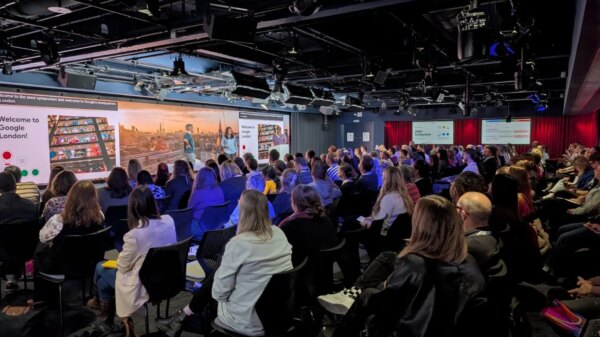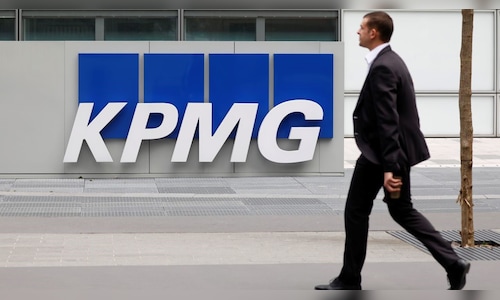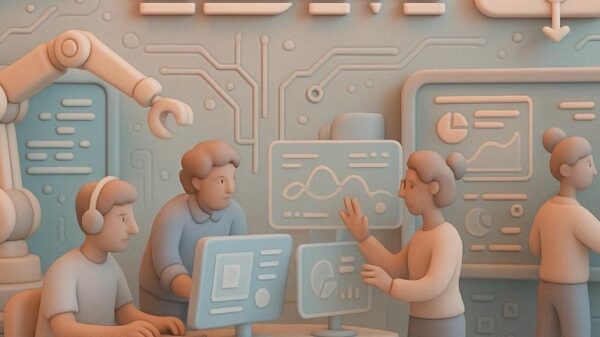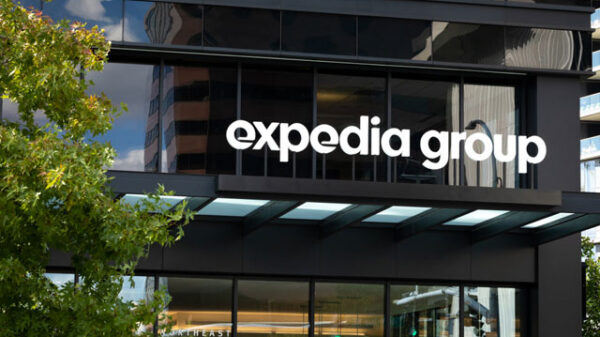The music industry has recently been rocked by a groundbreaking event: a song composed entirely by artificial intelligence has topped a Billboard chart. The track, titled “Walk My Walk,” has claimed the Number One spot on the Billboard Country Digital Song Sales Chart, signaling a potential shift in how we perceive music production and artistry.
In a discussion with ABC News correspondent Alex Stone, WTOP’s Nick Iannelli explored the implications of this AI-generated song, which was released by an artist known as Breaking Rust. This unprecedented success, with over 3 million downloads within a month, raises questions about authenticity and the future of music in an age increasingly dominated by technology.
AI’s Entry into the Music Scene
“Walk My Walk” is not just a novelty; it is a significant player in the Billboard landscape, outperforming traditional artists and stirring conversations across social media platforms. Many listeners initially engage with the track without knowing it is AI-generated, which prompts mixed reactions from both fans and industry professionals. Some argue that this represents a new frontier in music, while others see it as a threat to artistic integrity.
Stone emphasizes that this phenomenon is not isolated. According to Billboard, Breaking Rust is one of at least six AI artists to chart in the past six months, joining the ranks of others in genres like R&B and Gospel. One AI-created artist has even amassed over 44 million streams, illustrating the growing acceptance and curiosity surrounding AI in music.
The Debate Over Authenticity
This shift is generating intense discussion about what constitutes “real” music. While some listeners embrace the novelty and appeal of AI-generated tracks, others feel it undermines the human experience inherent in music creation. Stone notes that this duality is what makes the topic so contentious—while some appreciate the creativity of AI, others find the idea of enjoying music from a non-human source unsettling.
“It’s one thing if you’re seeking out AI-generated music, you know what you’re getting,” Stone states. “But if you’re expecting real human beings and real music, and then you get AI music starting to creep into your actual listening experience, that can be disturbing for people.”
As AI continues to evolve, some in the industry see it as a practical solution. Companies may view AI as a way to bypass the complexities of human talent—no demands for payment, no royalty disputes, and no need for breaks due to vocal issues. This potential for cost-effective production could redefine the music landscape, but at what cost to the artist?
Consumer Responses and Future Implications
Interestingly, the download numbers for “Walk My Walk” suggest that consumer reception may be more favorable than expected. The track’s immediate popularity indicates that many listeners are willing to embrace the blend of technology and creativity. However, the question remains: does the lack of awareness about the song’s AI origins detract from its enjoyment?
Critics argue that not knowing a song is AI-generated can be unsettling, while others counter that if the music is good, it shouldn’t matter who or what created it. This ongoing debate underscores the complexities of a music industry increasingly influenced by technology.
As AI continues to develop, the interplay between technology and artistry will likely evolve, prompting deeper discussions about the nature of creativity, the role of the artist, and the future of music itself. The case of “Walk My Walk” serves as both a milestone and a potential harbinger of change in how we experience music.
With advancements in AI technologies set to impact various creative fields, including music and film, the industry must grapple with the implications of an AI-driven future. As we navigate this new terrain, the blend of human creativity and artificial intelligence will continue to challenge our perceptions and expectations in the world of entertainment.
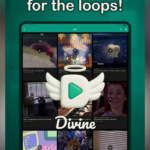 Vine Reboots as DiVine, Banning AI-Generated Content and Reviving 100.000 Clips
Vine Reboots as DiVine, Banning AI-Generated Content and Reviving 100.000 Clips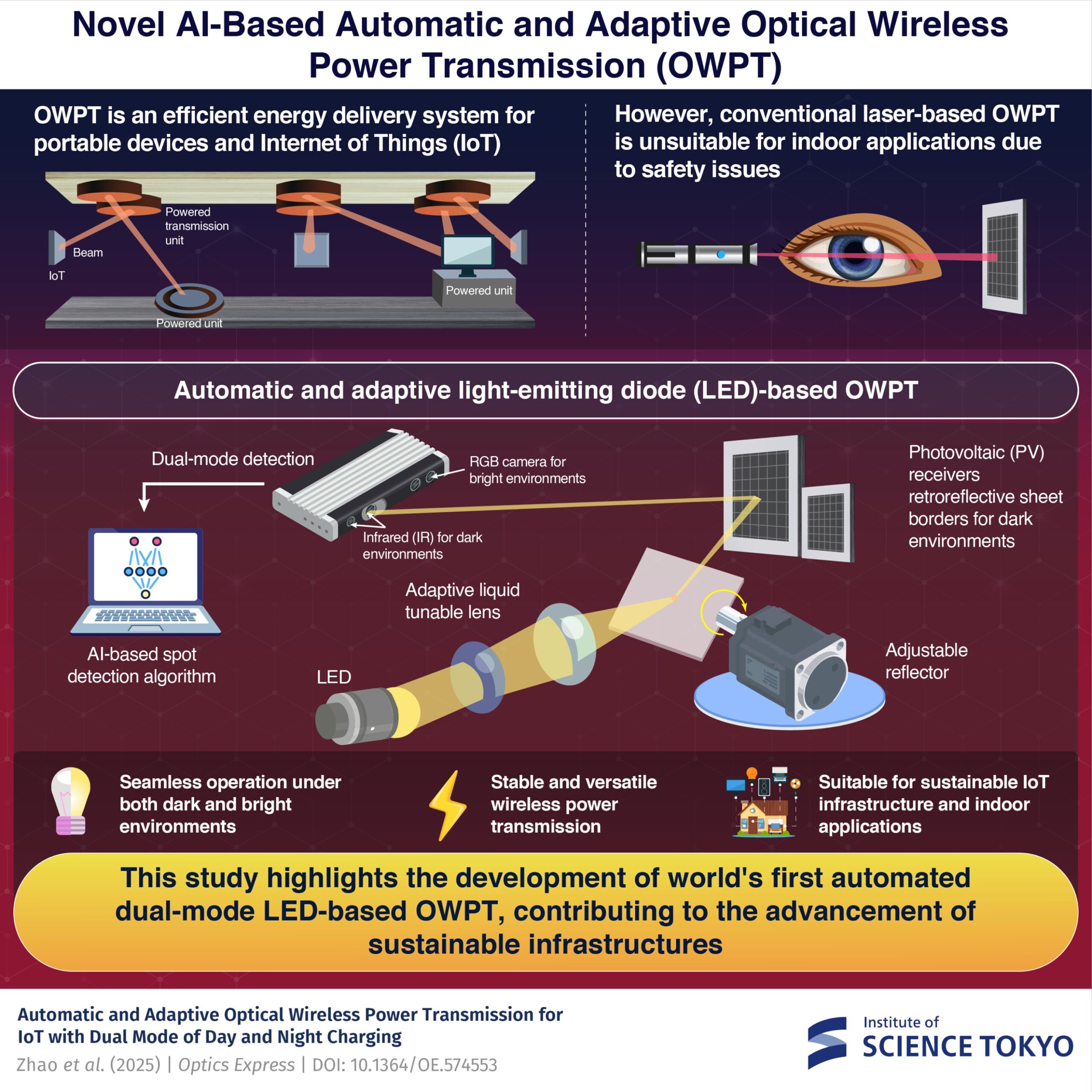 Institute of Science Tokyo Unveils LED-Based Wireless Power System for Indoor IoT Devices
Institute of Science Tokyo Unveils LED-Based Wireless Power System for Indoor IoT Devices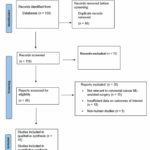 AI Enhances Colorectal Cancer Surgery Outcomes, Reveals Systematic Review Insights
AI Enhances Colorectal Cancer Surgery Outcomes, Reveals Systematic Review Insights Anthropic Announces $50B Data Center Expansion to Power Next-Gen AI Models
Anthropic Announces $50B Data Center Expansion to Power Next-Gen AI Models
